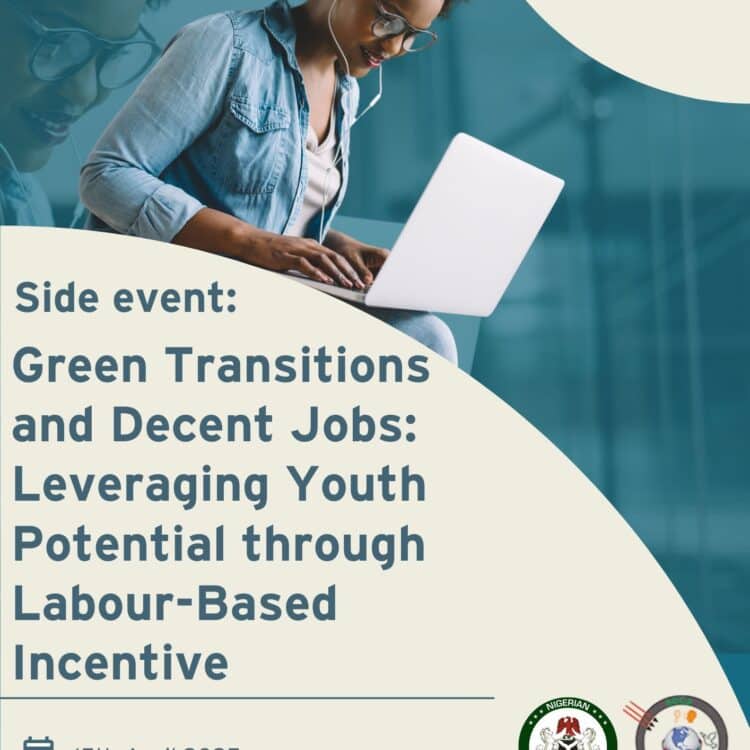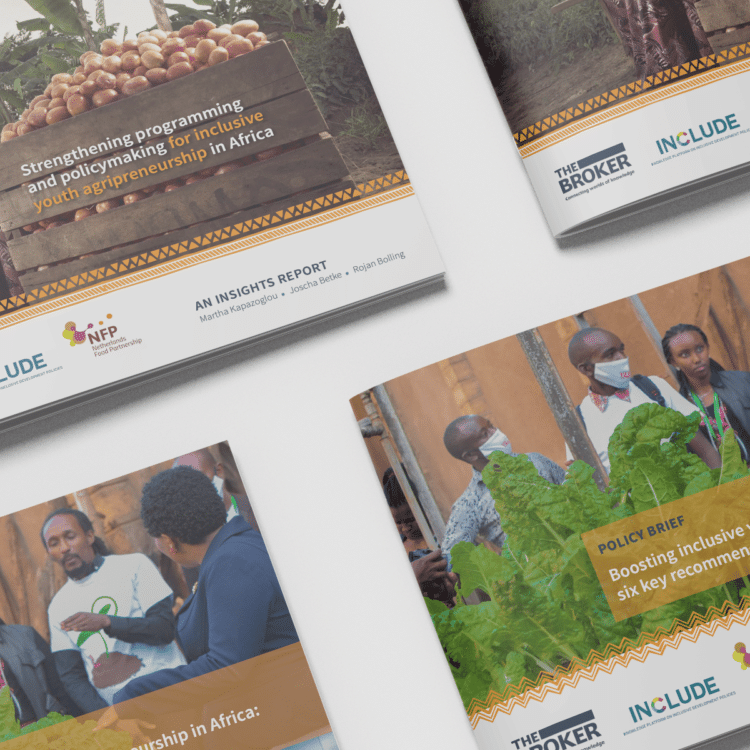
Please accept marketing-cookies to watch this video.
At COP29 in Baku, INCLUDE showcased Africa’s commitment to a fair and inclusive low-carbon future through two side events: “Towards Sustainable Living Communities and Driving the Just Transition: Labor-Based Incentives and Youth-Centric Policies for a Sustainable Future.” Both sessions underscored the importance of equity, youth inclusion, and localized solutions in addressing the continent’s energy and climate challenges.
From Local Solutions to Global Action
The first event focused on localizing solutions for Africa’s low-carbon transition. Drawing on the mantra “think globally, act locally,” the session emphasized the need for policies that reflect community priorities and lived realities. Discussions highlighted challenges in balancing decarbonization with employment opportunities for women and youth, urging greater alignment between environmental and socio-economic goals.
Youth and Labor at the Core of the Just Transition
INCLUDE’s second event explored how labor-based incentives and youth-centered policies can drive Africa’s renewable energy future. Speakers emphasized that while Africa contributes less than 4% of global emissions, its energy transition must prioritize job creation, social equity, and empowering young people to take the lead.
Key Takeaways and Next Steps
- Inclusive Policies: Develop frameworks that center youth and women’s employment, ensure equitable access to renewable energy jobs, and address infrastructure deficits.
- Youth Innovation: Invest in skills development, particularly in AI and green technologies, to empower young people as co-creators of solutions.
- Collaborative Action: Strengthen partnerships between governments, educational institutions, and private sector actors to scale localized and sustainable practices.
As COP29 concludes, INCLUDE calls for actionable commitments to transform these discussions into reality. Pilot programs, youth-focused training toolkits, and cross-sector collaboration will be critical to ensuring a just and inclusive energy transition that aligns with Africa’s developmental goals.
By prioritizing equity, sustainability, and innovation, Africa can lead the way in creating a low-carbon future that leaves no one behind.




